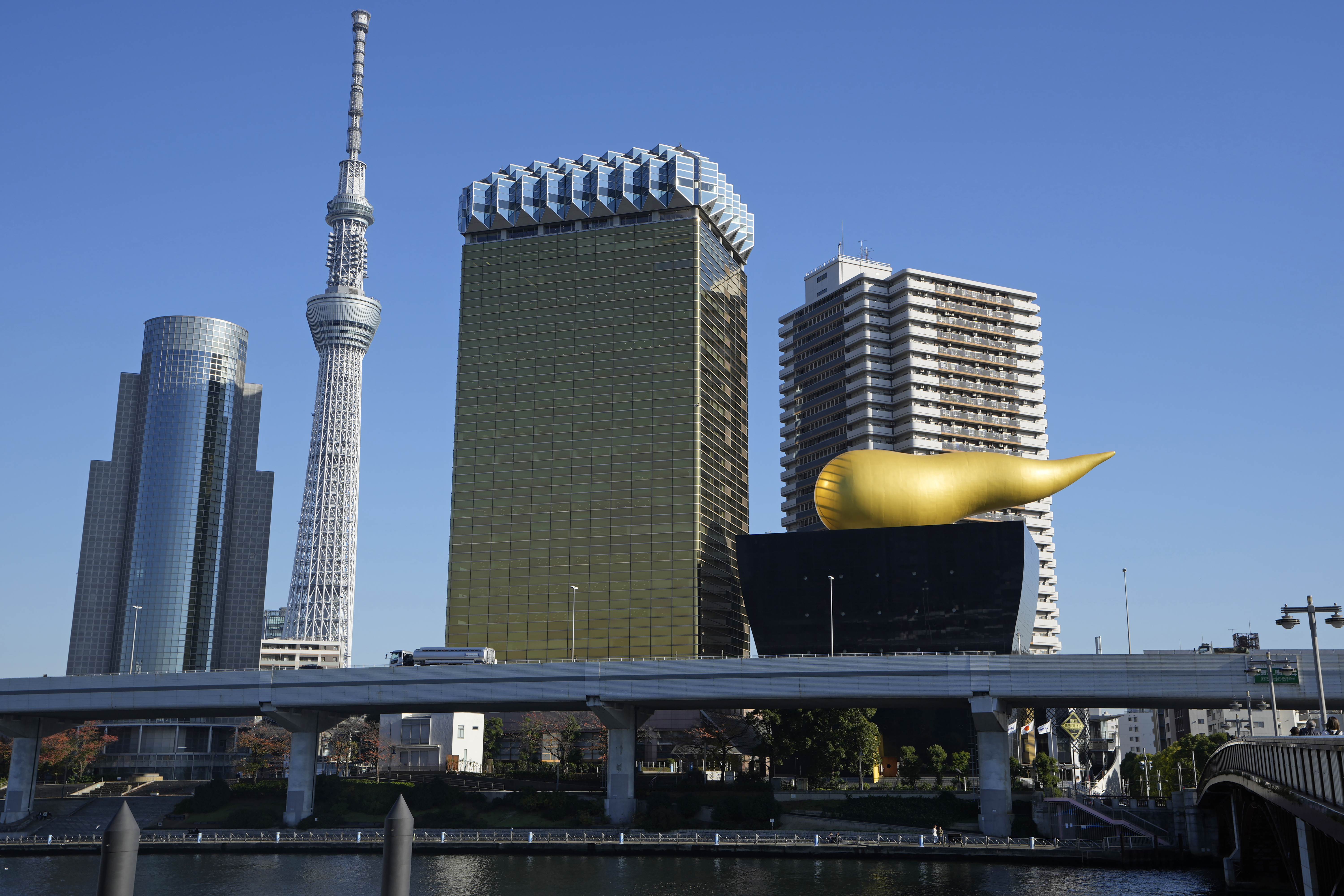
Seven & i Holdings Co and other retailers in Japan are warning customers of possible Asahi Super Dry beer shortages after a cyberattack paralyzed production and distribution at Asahi Group Holdings Ltd.
Shoppers at some 7-Eleven outlets are seeing notices that shipments of the country’s most popular beer had been suspended, as well as for Mitsuya Cider soda and private-brand products such as Seven Premium Clear Cooler. Convenience-store operators Lawson Inc. and Familymart Co. warned products from Asahi, which also offers food and other beverages, might become scarce starting Friday.
The disruption — which began Monday — underscores Japan’s continued vulnerability to hacks. That’s of keen concern because any prolonged disruption can have wide-ranging repercussions from factory floors to convenience store shelves, given the country’s intricate logistical and digital supply chains.
“The fact that a big company like this is taking so long to recover shows their preparation was inadequate,” said Nobuo Miwa, representative director at security firm S&J Corp. “This should’ve been anticipated and planned for.”
Asahi halted production at most of its 30 factories in Japan after a cyberattack hobbled its ordering and delivery system. The company, which also makes Nikka Whisky, said its group companies have suspended order processing, shipping and call center functions, and has no timeline for when it would be able to get its systems back online. The incident is under investigation as a possible ransomware attack.
“The attack moved past defenses in office systems and factories and got into the logistics system,” Miwa said. “That means the attackers got in very deep — deeper than what they expected.”
ALSO READ: Japan’s leadership hopefuls court opposition in bid for power
The time it’s taking to get systems back online is weighing on Asahi’s shares, which are down around 12 percent this week. Asahi competes with Kirin Holdings Co. and Suntory Beverage & Food Ltd. in a cut-throat and saturated Japanese market.
At Beer & Spice, a restaurant in central Tokyo that features Asahi beer, one server said they were ordering fresh kegs of beer via telephone instead of their usual online method. So far, the system was working well without hiccups with plenty of brew available, even in the evenings. Several patrons were drinking lagers and ales at lunchtime.
There were 116 reported ransomware cases in Japan in the first half of 2025, matching the six-month record set in the second half of 2022, according to the National Police Agency.
Most soft drinks at 7-Eleven stores are supplied from dedicated inventory hubs, so the immediate impact is limited, a Seven & i representative said. But in places such as an e-commerce site run by Aeon supermarket, sales of Asahi Beer and Asahi Soft Drink products have been temporarily suspended.
Marugen Ramen chain operator Monogatari Corp. said it may switch to Suntory or other beer brands if Asahi inventory runs out. Kisoji Co., a shabu-shabu restaurant chain, is also considering a switch to Suntory or Kirin, although it’s now working with liquor wholesalers to secure stock.
The incident is a wakeup call on how even big companies can get hacked, said David Suzuki, founder of consulting firm Kikutora Special Risks. If Asahi beer were to disappear from shelves, that would raise awareness about cybersecurity in a country where cyber-literacy remains low at small-to-medium-sized businesses, which make up the vast majority of companies, he said.
“It’s not life-threatening,” Suzuki said. “But it actually makes the average consumer — the average person on the street — realize that ‘Oh, this can actually affect me.’”


